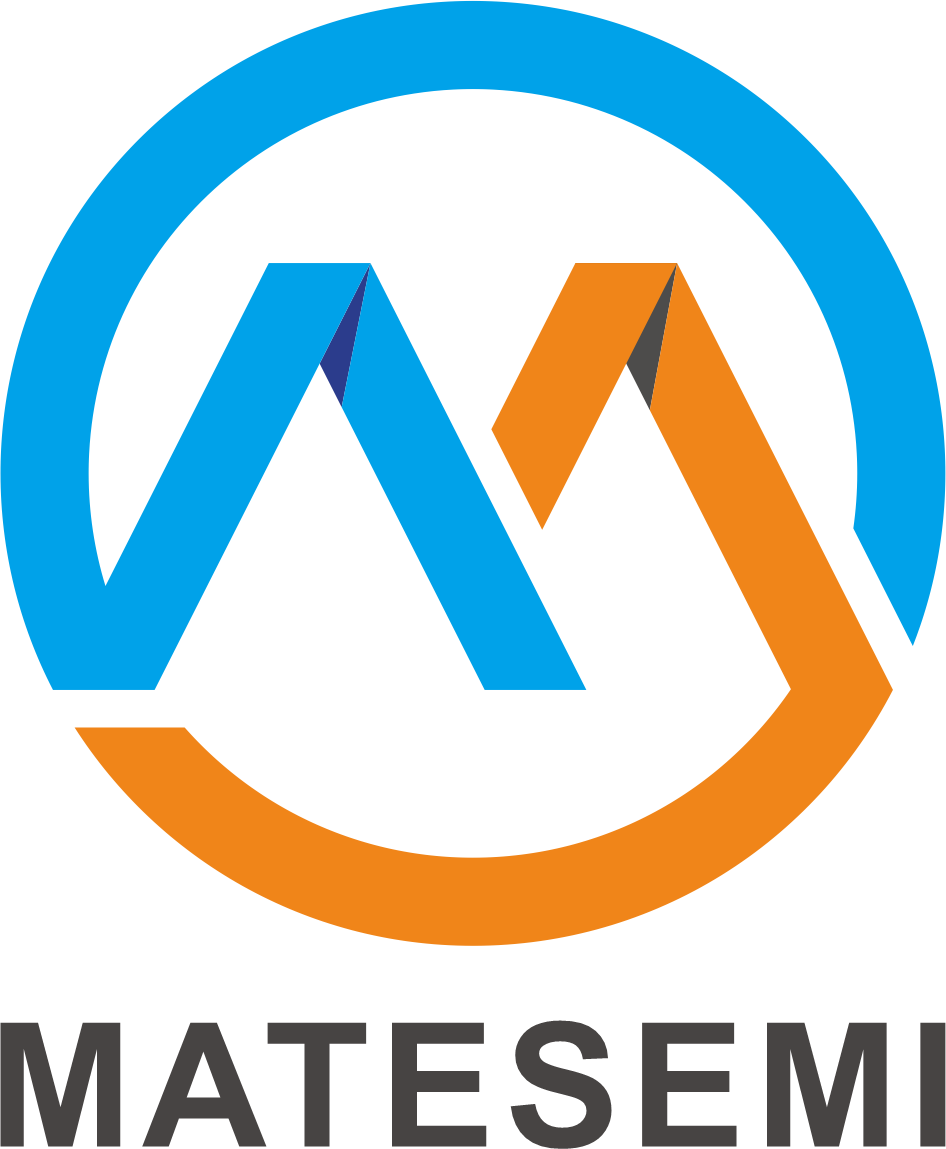Samsung announced that it will apply GAA technology-based chips to 3D packaging in 2025
发布时间 : 2023-07-17
According to South Korean media BusinessKorea reports, recently held in Seoul, South Korea 2023 "Samsung wafer foundry Forum", Samsung Electronics foundry business president Cui Shiying introduced Samsung's wafer foundry route strategy.
Choi said Samsung plans to expand the application of chips made with GAA process technology to 3D packaging by 2025. The reason is that process miniaturization has limitations in reducing costs and reducing the chip area, so Samsung is diversifying the advanced technology in the latter segment.
In fact, the industry has not yet combined GAA process technology with 3D advanced packaging technology, mainly because of the high complexity of both process technologies. Among them, GAA process technology replaces the traditional FinFET process technology, maximizing the area of the data transmission path while reducing the size of the chip. As for 3D advanced packaging, it is an integrated technology that can make different small chips stacked together, and in a package, can function like a single chip. These technologies are particularly important as current process miniaturization reaches its limits. Currently, competitors such as Intel and TSMC are competing fiercely in advanced packaging to enhance the commercialization of these technologies.
Samsung first introduced X-Cube, a 3D advanced packaging technology that supports 7nm EUV chips, in 2020. In 2022, Samsung is also the world's first to introduce 3nm GAA process technology into mass production. At that time, Samsung formed the Advanced Packaging (AVP) business team within the semiconductor business unit to accelerate the research and development of the next generation semiconductor back-end process. Samsung expects to mass-produce the 1.4nm advanced process as scheduled by 2027.
However, in the global foundry market share in the first quarter of 2023, the gap between Samsung and TSMC has widened from the previous quarter. TSMC accounted for 60.1 percent of the total, while Samsung Electronics accounted for 12.4 percent. Samsung has repeatedly stressed that unlike TSMC's traditional FinFET technology in the 3nm process, Samsung Electronics has adopted more advanced GAA technology since the beginning of 3nm, so it is confident that it will further lead TSMC in the GAA technology competition later.
In fact, the foundation of fabless IC design and system semiconductors in South Korea is fragile. According to the statistics of the Korea Semiconductor Industry Association, the global market share of South Korea's system semiconductors is only 3%, and the global share of fabless IC design companies is even lower, just over 1%. Moreover, of the top 10 fabless IC design companies in the world in the first quarter of this year, six were American companies and three were from Taiwan. Among them, large and small fabless IC design companies in Taiwan, China, are cooperating with TSMC to create a system semiconductor ecosystem, which has also created TSMC's strong market competitiveness.
In contrast, more than 90% of Samsung's foundry customers come from its own system LSI business, as well as Qualcomm and Nvidia. This means that Samsung's foundry foundry is difficult to grow with potential customers in South Korea. Therefore, in order to strengthen the growth of Samsung's wafer foundry business, Samsung also announced plans to develop a local system semiconductor research and development ecosystem at the forum. Among them, Samsung will expand its multi-project wafer (MPW) service in 2024, which aims to become a key enabler of artificial intelligence and high performance computing (HPC), expects to use 4nm processes to serve customers, and expects to increase the total number of MPW services by more than 10% by 2025. To drive the development of the overall Korean silicon semiconductor industry.



